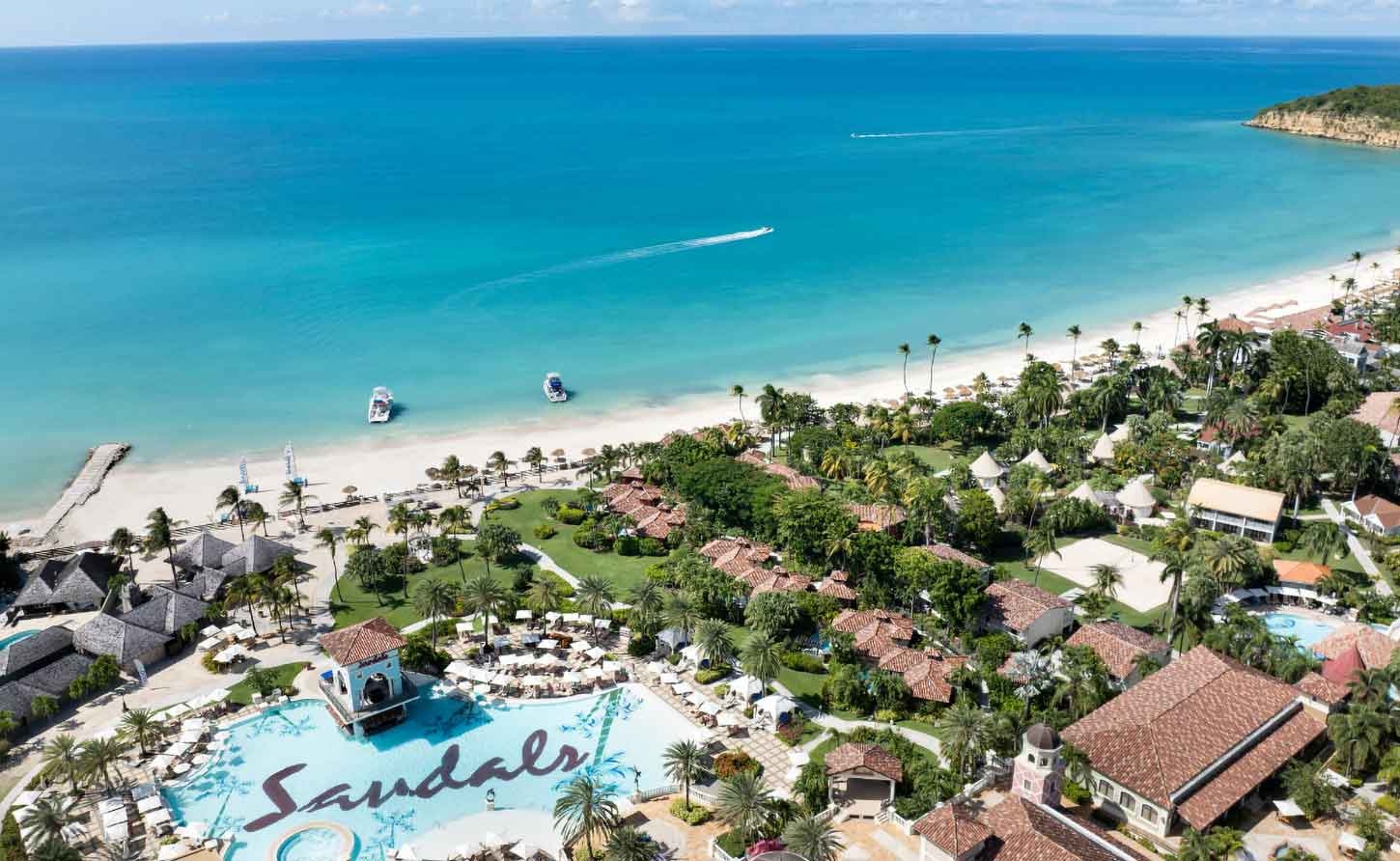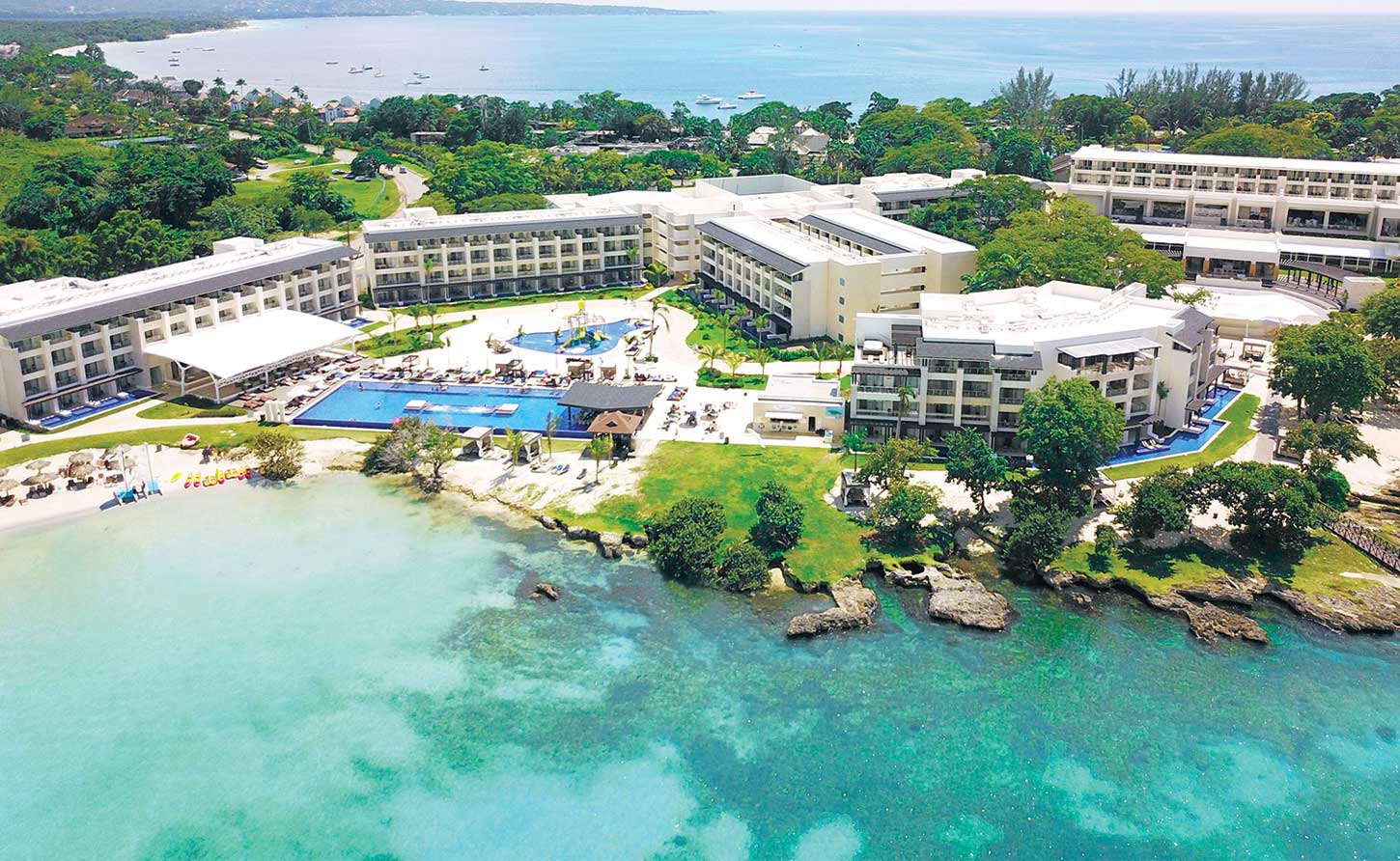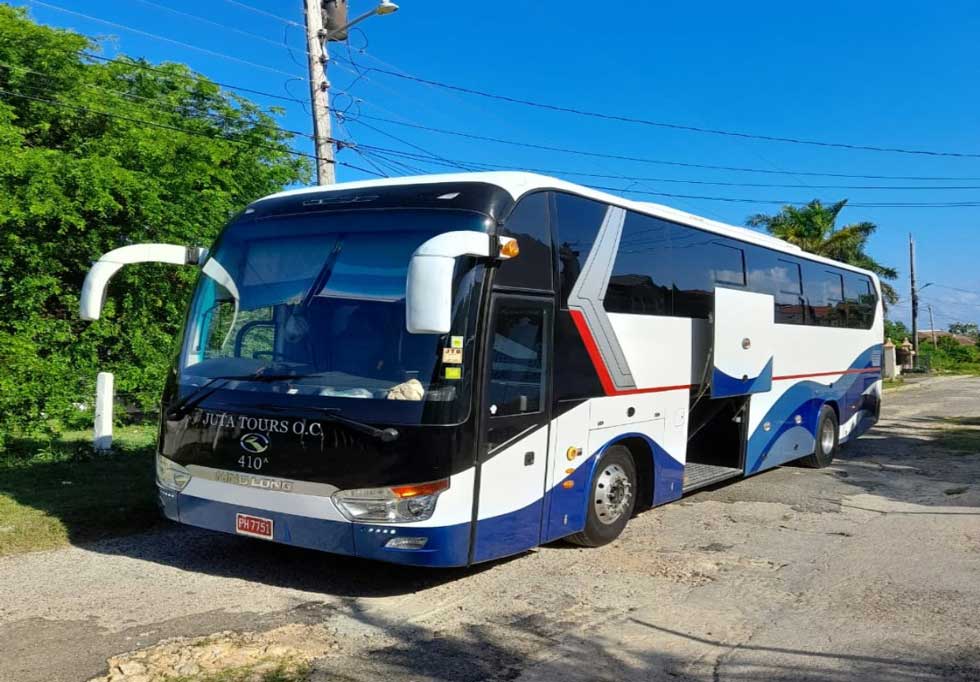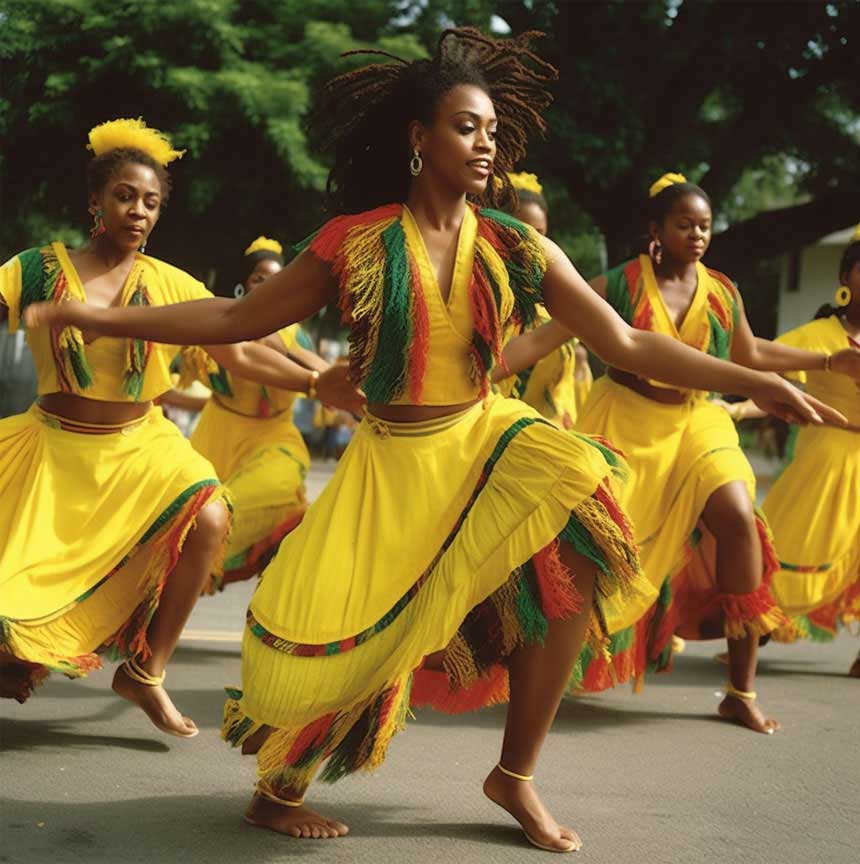JAMAICA | Paradise Lost: The Hidden Crisis in Jamaican Tourism Industry

MONTEGO BAY, Jamaica, April 14, 2025 -In the shadow of Jamaica's gleaming resorts and picture-perfect beaches, a troubling reality unfolds. Millions flock to this Caribbean jewel each year, drawn by the promise of Bob Marley's famous rhythms, calypso voices, radiant smiles, and welcoming arms.
Yet while tourist arrivals soar to record heights, the Jamaican workers who power this economic engine—the very embodiment of the culture visitors seek—are being left behind in what amounts to a modern plantation economy.
The exploitation begins at the foundation of the industry. More than half of hotel workers languish under a predatory "contract break" system—periods without pay, benefits, or insurance. During these enforced hiatuses, no replacements are hired, leaving returning staff to shoulder crushing workloads without additional compensation.
Meanwhile, foreign expats enjoy continuous employment,benefits and monopolizes senior management positions across the island's hospitality sector.
This glass ceiling is painfully evident in the career paths of Jamaican hospitality professionals. Despite qualifications and experience, Jamaicans are routinely passed over for general manager positions in favor of imported expatriates.
The message is clear: locals can serve guests but rarely lead operations. This systemic barrier has triggered a brain drain, as many Jamaicans who invest in hospitality education ultimately leave the island to pursue careers abroad, seeing no viable future in their homeland's accommodations or attractions sectors despite tourism being the nation's economic backbone.
"We are now facing service issues in our hotels as workers are overworked," explains an industry insider. "When staff are on contract break, no one fills that space, therefore the workload gets heavier with no extra pay and service deteriorates"

Management's response was swift, cold and calculated: protestors were sent off on "contract break"—effectively suspended without pay. Later, management cherry-picked which workers to recall, leaving many without jobs.Again the message was clear—protest at your peril.
Throughout this labor crisis, the haunting question is: where are the advocates for the workers when needed most ?
This two-tiered system extends beyond employment practices. The wage disparity cuts deeper as Jamaican managers receive salaries in Jamaican dollars while their expatriate counterparts are paid exclusively in US currency—despite the fact that all visitor transactions occur in foreign exchange, primarily US dollars. This currency discrimination creates a stark financial and social divide that further entrenches the industry's inequities.
Seemingly more alarming are transactions performed by foreign-owned resorts, particularly Spanish-based chains. Bookings for these Jamaican properties must be made in Mexico or Spain, with payments processed abroad.
The conventional wisdom is that funds are transferred to the island properties to cover operational expenses and payroll—a financial arrangement that bears an ugly resemblance to colonial-era extractive economics.
"It's colonization all over again," says one industry observer, noting that this structure ensures the bulk of tourism revenue never touches Jamaican soil.
 At Sandals and Beaches properties, frontline workers are prohibited from accepting tips—an inexplicable policy considering most guests arrive from North America, where gratuities are customary in fine dining establishments. This policy effectively cuts off a vital income stream that service workers worldwide depend upon.
At Sandals and Beaches properties, frontline workers are prohibited from accepting tips—an inexplicable policy considering most guests arrive from North America, where gratuities are customary in fine dining establishments. This policy effectively cuts off a vital income stream that service workers worldwide depend upon.
It wasn't always this way. The Jamaica Union of Travellers Association (JUTA) was established by former PNP Minister Francis Tulloch, along with its break-away entity, the Jamaica Co-operative Automobile & Limousine Tours Ltd (JACAL), with the explicit purpose of ensuring local transportation providers benefited from the tourism pie.
These organizations represented a commitment that Jamaicans—as the primary drivers of the industry—should reap its rewards. In tourism's earlier days, countless families raised children on the proceeds from these operations, creating generations who took pride in their parents' contributions and sacrifices.
Today, those tables have dramatically turned. The transportation sector reveals a troubling pattern of foreign dominance and vertical integration. Sandals Resorts, not content with controlling accommodations, has established its own transportation company, Island Routes, which offers everything from mini vehicles to luxury coaches, effectively cutting out the local operators who once thrived serving visitors.

These arrangements exemplify how international corporations extract wealth from the island while minimizing benefits to local communities.
The transportation challenges extend far beyond corporate encroachment. Local operators face a web of systemic obstacles. Many misunderstand that taxi park management isn't simply about collecting fees but ensuring accountability, liability coverage, and professional structure. Confusion persists about the proper role of taxi operators, who provide private transportation only—not packaged services with entrance fees included.
Economic barriers further limit local participation in premium services. Despite growing demand for executive transportation, local operators struggle to access concessions for luxury vehicles under eight seats, creating an untenable gap between acquisition costs and potential returns. Finding qualified drivers for larger coaches remains difficult—possessing the requisite license doesn't guarantee the skills needed to navigate these vehicles safely.
Even basic operational processes have become unnecessarily burdensome. Airport authorities have made obtaining Regulated Access Permits (RAP) for tour operators and drivers increasingly tedious in recent years.
Technology, rather than simplifying matters, has complicated procedures. The annual requirements to repeat identical workshops and tests upon ID expiration exemplify the redundant bureaucracy stifling the sector.
"No one is monitoring the system," laments a driver who requested anonymity. Meanwhile, raft captains in Lethe survive only through their own resourcefulness and creativity—not because of support from the booming tourism industry they help sustain.
The contrast with other Caribbean nations is stark. When hotel magnate Gordon "Butch" Stewart attempted to import luxury vehicles into Antigua's resorts, Prime Minister Gaston Browne intervened decisively, ensuring local entrepreneurs could secure loans to purchase such vehicles themselves, keeping profits within the community.
Jamaica urgently needs similar protective legislation. Foreign investors must understand that the people of the land must benefit from tourism development. As it stands, the average Jamaican sees little reward from the record numbers of visitors flocking to the island's shores.
The displacement extends far beyond economics into the cultural realm. Local photographers express dismay at being forced to pay premium fees to work in these properties—even for Jamaican weddings or local functions—while hotels import their own photographers from abroad.

Perhaps most symbolically significant is the physical displacement occurring along Jamaica's coastline. Foreign-owned resorts now dominate the island's most beautiful beaches, restricting access to shorelines that Jamaicans have traditionally viewed as a birthright.
This privatization of public spaces has sparked growing resentment among locals who find themselves increasingly cut off from their birthright island's natural treasures.
Urgent intervention is needed,or Jamaica risks becoming a place where paradise exists only for tourists and foreign executives—but not for the people who call this island home.
As one veteran of the industry put it: "We've traded our sovereignty for an industry that treats Jamaicans as disposable labor rather than as the rightful beneficiaries of our homeland's beauty and bounty."
-30-
